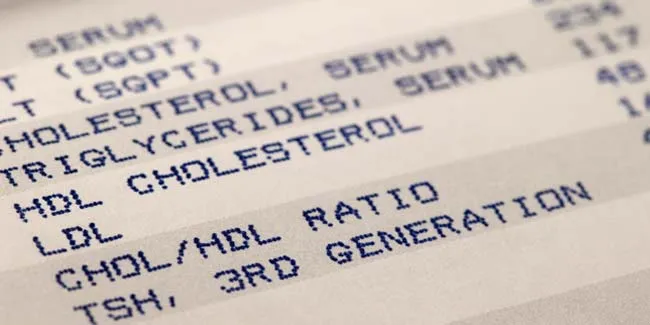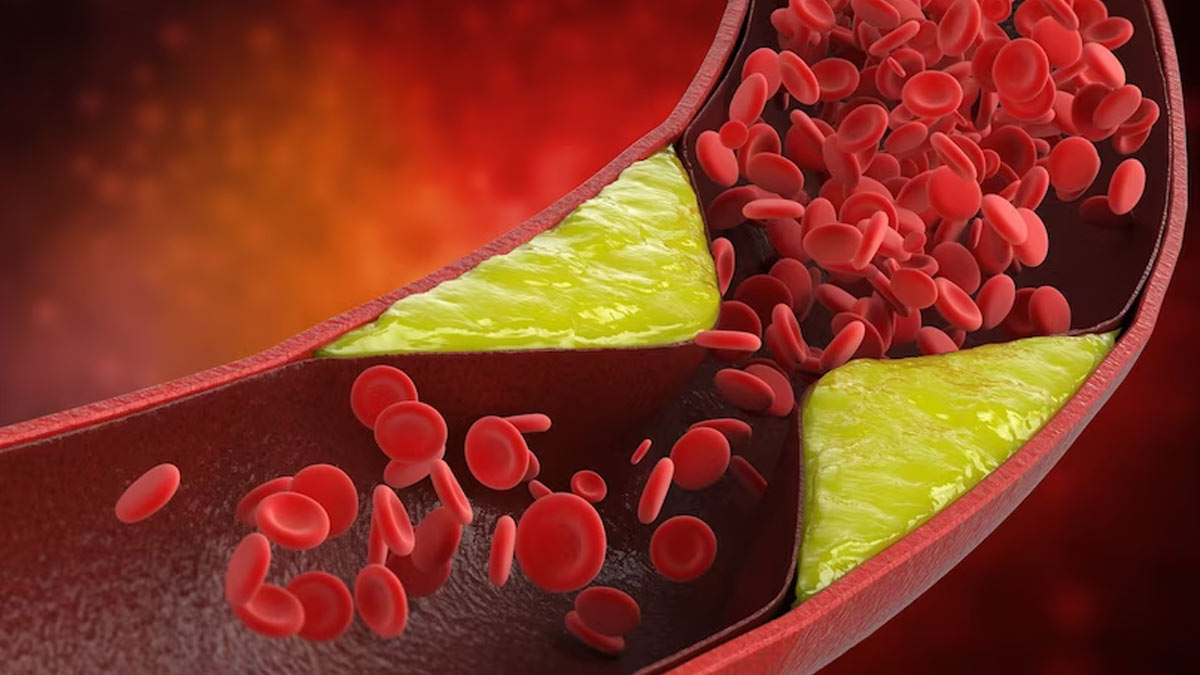
When it comes to cholesterol, High-Density Lipoprotein (HDL) has long been dubbed the ‘good’ cholesterol. Elevated HDL levels are often considered beneficial, as it plays a critical role in transporting excess cholesterol from the bloodstream back to the liver, where it can be processed and excreted. However, recent research has raised questions about whether very high HDL levels—above 60 mg/dL—are always advantageous or if they might sometimes signal underlying health concerns.
Table of Content:-
In an interaction with the editorial team of Onlymyhealth, Dr Bhumesh Tyagi, Consultant, General Medicine and Physician, Sharda Care Health City - Noida, explained everything you need to know if your HDL levels are above 60 mg/dL. Here is what he shared with us.
Understanding HDL Cholesterol
HDL cholesterol is an essential component of cardiovascular health. It helps reduce the risk of plaque buildup in arteries, lowering the chances of heart attack and stroke. The American Heart Association (AHA) considers HDL levels of 60 mg/dL or higher to be protective against heart disease. Yet, extremely high HDL levels might not be uniformly beneficial.

Also Read: Global Measles Surge: WHO Alerts On Risks For Children Under 5—Expert Tips To Stay Protected
Genetic Factors And Dysfunctional HDL
According to researchpublished in the Journal of the American College of Cardiology (2016), in rare cases, genetic mutations can lead to dysfunctional HDL as they can alter the structure or function of HDL, impairing its ability to remove cholesterol and protect against cardiovascular disease. “These dysfunctional particles may lose their protective effects and even contribute to inflammation and cardiovascular risk,” shared Dr Tyagi. Putting it simply, dysfunctional HDL particles may fail to protect against heart disease and instead promote inflammation and cardiovascular risk.
Association Between HDL And Chronic Diseases
Very high HDL levels have been linked to conditions like liver disease, autoimmune disorders, and even some cancers, according to a study in AHA. Adding to that, Dr Tyagi said, “While this doesn’t mean HDL itself is harmful, it suggests that extremely high levels may serve as a marker for underlying health issues.”
Also Read: Global Measles Surge: WHO Alerts On Risks For Children Under 5—Expert Tips To Stay Protected
When Could High HDL Be A Concern?
While high HDL could or could not be a problem, it can be confusing to determine when it is alarming. Hence, Dr Tyagi explained when exactly should you worry:
Family History of Heart Disease
If you have a strong family history of heart disease despite high HDL levels, it’s essential to consider other risk factors such as LDL cholesterol, triglycerides, and overall lifestyle.

Chronic Inflammation
Extremely high HDL levels might be associated with systemic inflammation, which can counteract HDL’s protective effects.
Lifestyle Imbalances
Excessive alcohol consumption, for instance, can artificially raise HDL levels but also contribute to other health risks like liver damage and high triglycerides.
How To Approach HDL Levels Above 60
1. Look At The Bigger Picture
Cholesterol is just one piece of the cardiovascular puzzle. Total cholesterol, LDL, triglycerides, and markers like C-Reactive Protein (CRP) should also be evaluated to provide a comprehensive view of heart health.
2. Focus On Functionality, Not Just Numbers
High HDL levels are not inherently harmful, but their functionality matters. Ensure your HDL is effectively removing cholesterol and providing antioxidant benefits. This can be assessed through advanced lipid testing, if recommended by your doctor.
3. Adopt A Heart-Healthy Lifestyle
Prioritise whole foods rich in fibre, lean proteins, healthy fats, and antioxidants. Avoid trans fats and excessive sugar. Additionally, incorporate regular physical activity to improve the quality and functionality of HDL.
4. Consult A Doctor
If your HDL levels are unusually high, discuss additional testing to rule out underlying conditions. Experts believe the right approach to cardiovascular health is key, particularly if you have risk factors like diabetes or hypertension.
Bottomline
While having HDL levels above 60 mg/dL is often seen as a sign of good health, it’s not a standalone indicator. Context matters—extremely high HDL levels can sometimes signal underlying issues or may not confer additional protection against heart disease. Experts suggest that staying alert about overall heart health, considering the risk factors, and maintaining a healthy lifestyle remain essential for optimal well-being.
Also watch this video
How we keep this article up to date:
We work with experts and keep a close eye on the latest in health and wellness. Whenever there is a new research or helpful information, we update our articles with accurate and useful advice.
Current Version